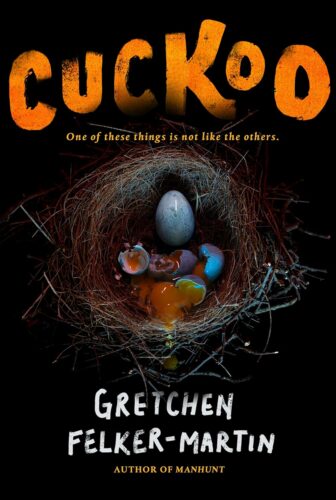Rogue Review
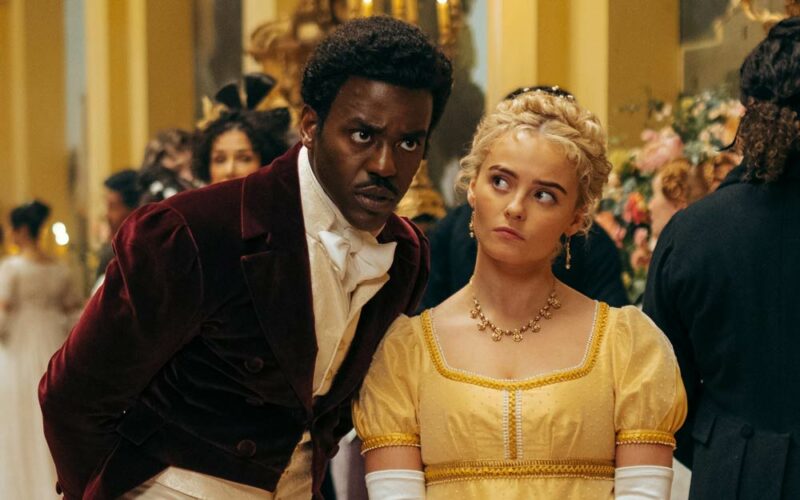
It was not what I expected, which remains inherently high praise for Doctor Who. Part of this was deliberate misdirection. Our eponymous character was previewed as menacing, the post-Ruby Road trailer painting him as a traitor. What we get is him hovering over everything until he’s deployed out of nowhere to defuse Face the Raven in miniature and allow the episode to have no finale set-up whatsoever. It’s sly. Roguish even. As the first script since The Haunting of Villa Diodati to be written by someone who did not write for Series Three in 2007, which is a problem, it makes a charming impression. Certainly it makes you wish Kate Herron had done more than just direct Loki.
It’s anchored by a phenomenal cast—a fact it establishes by the four minute mark, with a one-two reveal of Indira Varma and Jonathan Groff, a duo prestige dramas from the days of HBO Go would have cut your throat for. Varma’s delivery of “a very difficult cheese” is a four course meal’s worth of old school Doctor Who acting from the days of KERA 13, where Jonathan Groff has blissfully never seen the work of Philip Madoc or Kate O’Mara and so comes to “can you do Captain Jack with less sexual harassment” pleasantly fresh. Gatwa, meanwhile, remains firmly from the days of Disney+, and is given acres of space to do it.
“Acres of space” describes it in a lot of ways, in fact. Malevolent space cosplayers is an absolutely phenomenal conceit for a monster of the week—a genre in which we’ve not even had a sincere contender since, what, the Mire? They’ve even got a good name. But they’re a complex premise as these things go, and the episode wisely paces itself around that fact. The effect is to let everyone just vibe in their Bridgerton riffs. The way in which Gatwa is on Doctor Who Unleashed absolutely cackling at his chemistry with Jonathan Groff suggests quite a lot of fun was had with it.
I keep coming back to that word. Fun is not my favorite concept, which I recognize is a me problem, but it’s nice to have it. Certainly it’s nice to see it had with such confidence. Bridgerton, notably, helped push Boom down to a season low 18th in the ratings with its four episode drop, half of which edged it out. Issuing a response episode in three weeks rivals “Meet the Grahams” in ruthless efficiency. This is stylish and knows it.
As a viewer with fun issues who’s not actually seen Bridgerton I’m not quite its target audience. I’m still too fussed on earning your emotional beats—selling the Doctor/Rogue romance better, instead of just bluntly tropesing in. But this is, again, a me problem at this point. This is plainly a show that’s got mojo.
Let’s return to that notion of expectations. This was the episode I was looking forward to least on the whole. It had midseason filler written all over it.…

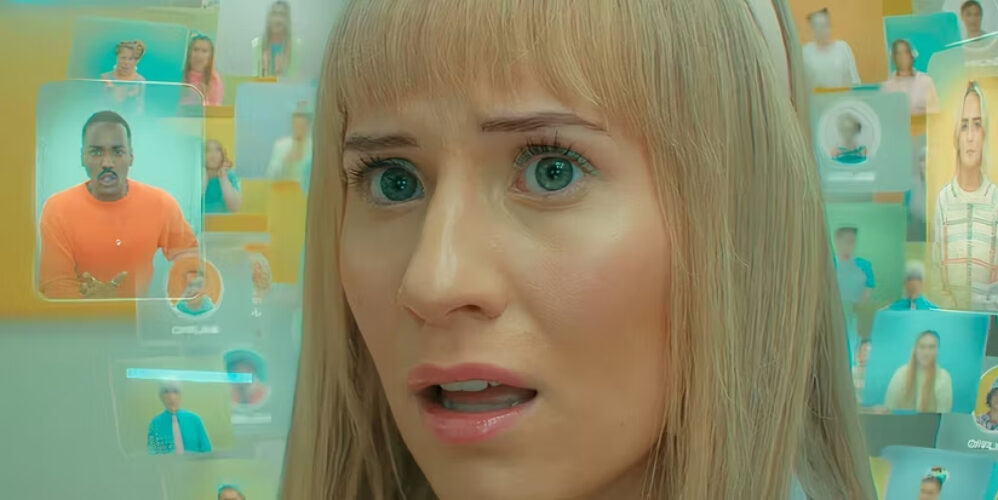

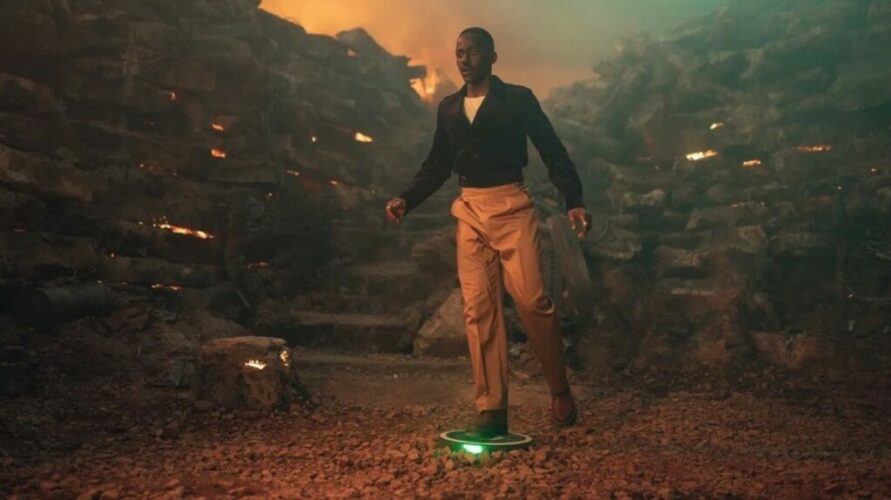
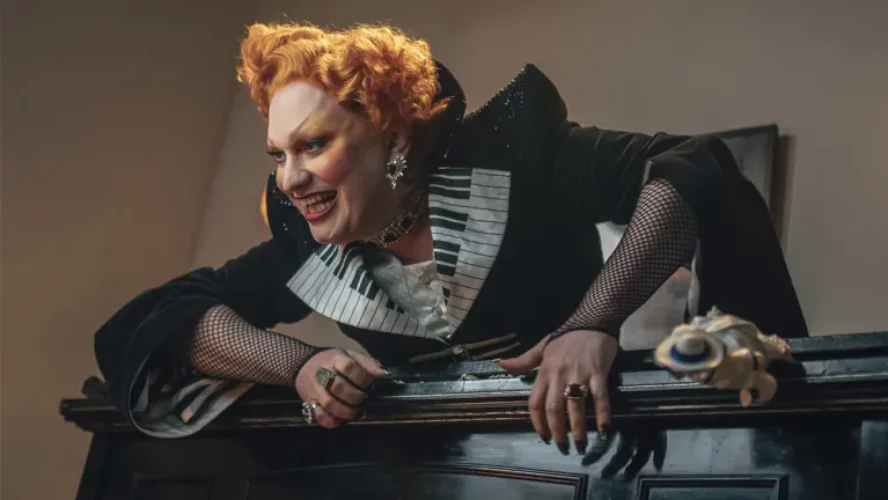

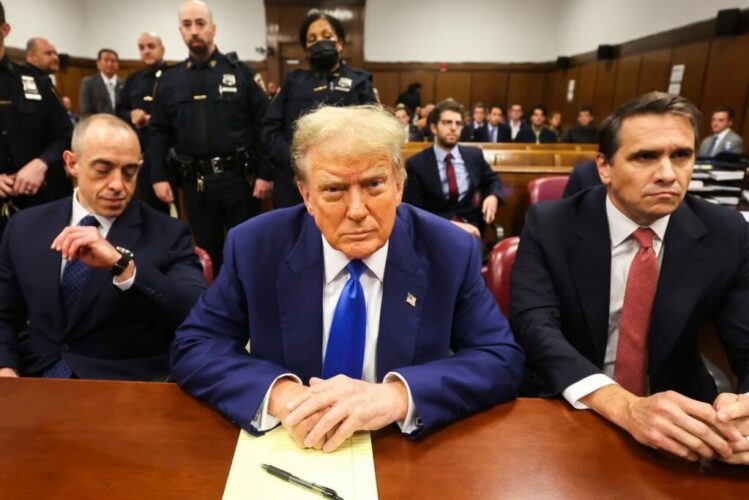
 32.
32.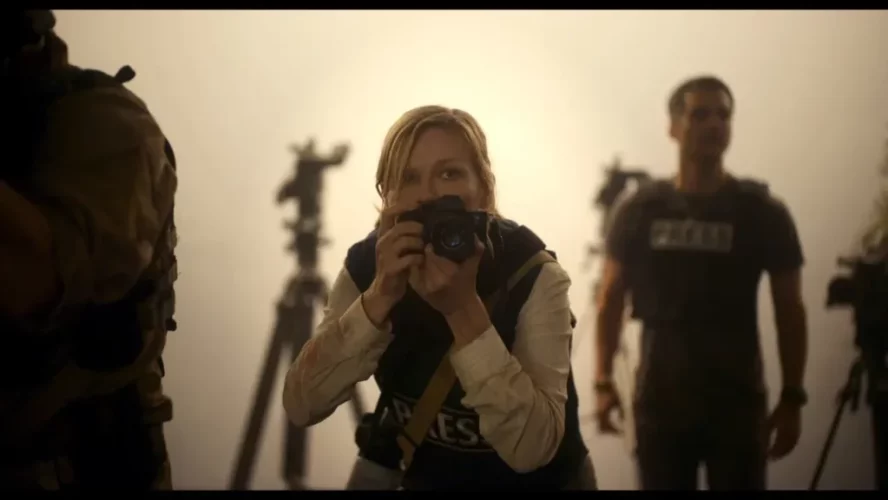
 Some nine years ago I wrote an essay about Peter Harness, then primarily known as a Doctor Who writer, perhaps most notable for writing Kill the Moon, a story for which I wrote a rave review that was, shall we say, somewhat out of step with the critical consensus. In this essay, I offered some anticipation of an imagined future Peter Harness project in which the promise of his Doctor Who work and his largely underrated adaptation of Susanna Clarke’s Jonathan Strange and Mr. Norrell would be paid off.
Some nine years ago I wrote an essay about Peter Harness, then primarily known as a Doctor Who writer, perhaps most notable for writing Kill the Moon, a story for which I wrote a rave review that was, shall we say, somewhat out of step with the critical consensus. In this essay, I offered some anticipation of an imagined future Peter Harness project in which the promise of his Doctor Who work and his largely underrated adaptation of Susanna Clarke’s Jonathan Strange and Mr. Norrell would be paid off.